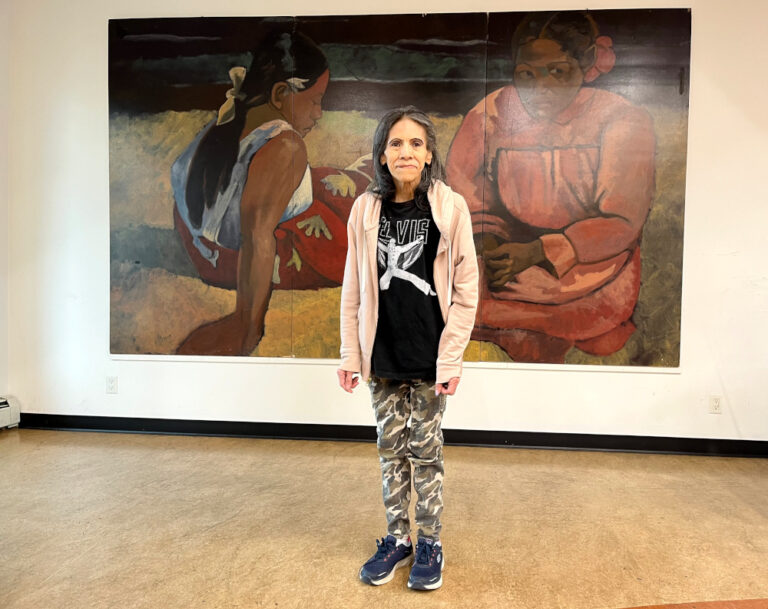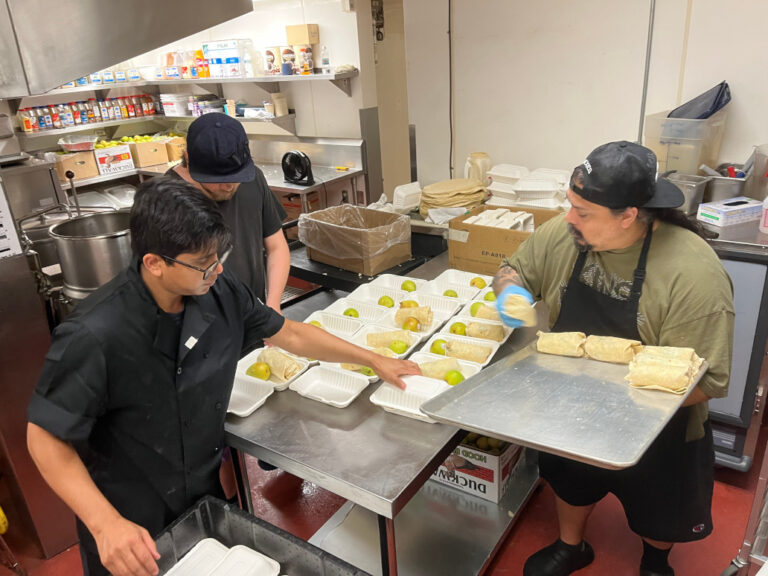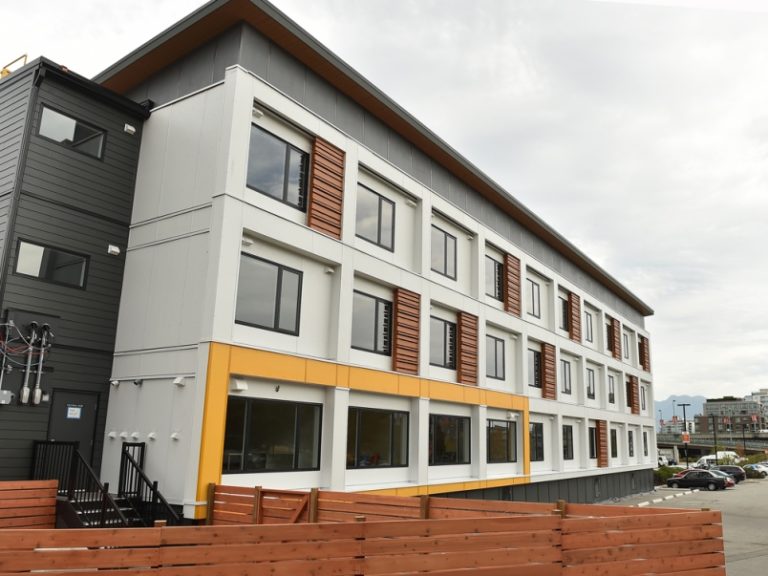More than 20 experienced and innovative providers of low-barrier supportive housing have come together to address the growing needs and challenges of combatting homelessness, including several in the Lower Mainland.
Newly formed, the BC Coalition for Safe and Sustainable Supportive Housing (SaSSH) promotes a unified approach to building capacity to meet the needs of the most vulnerable communities, while prioritizing the safety and wellbeing of the people who use our services, the people who carry out this work and the wider community.
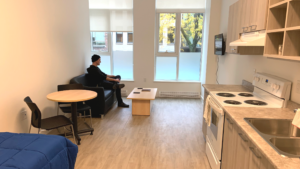 Low-barrier supportive housing follows the internationally recognized Housing First model whereby individuals are placed in housing and provided with the necessary supports to help them move forward with their lives with minimal to no preconditions. The powerful central idea to this particular type of housing – and main focus for SaSSH – is to keep people housed who wouldn’t be able to remain housed in other contexts.
Low-barrier supportive housing follows the internationally recognized Housing First model whereby individuals are placed in housing and provided with the necessary supports to help them move forward with their lives with minimal to no preconditions. The powerful central idea to this particular type of housing – and main focus for SaSSH – is to keep people housed who wouldn’t be able to remain housed in other contexts.
Low-barrier housing as it exists today developed in response to growing homelessness, drug toxicity, and the complex medical needs in a population that has long experienced systemic poverty, discrimination and other barriers.
While everyone has a right to a home, an ever-growing number of British Columbians have been effectively forced out of their homes by escalating housing costs and the inability of our healthcare systems to adapt services for people living with complex health conditions.
 The context of this work has reached levels of desperation not seen before in the histories of the Coaliton’s organizations. The 2023 Point-in-Time Homeless Counts demonstrated marked increases in people experiencing homelessness, with a 9 per cent increase in Greater Victoria, 32 per cent increase in Greater Vancouver, and 45.6 per cent in Penticton as examples marking a devastating trend across B.C.
The context of this work has reached levels of desperation not seen before in the histories of the Coaliton’s organizations. The 2023 Point-in-Time Homeless Counts demonstrated marked increases in people experiencing homelessness, with a 9 per cent increase in Greater Victoria, 32 per cent increase in Greater Vancouver, and 45.6 per cent in Penticton as examples marking a devastating trend across B.C.
Equally troubling is that the populations are presenting with more acute needs.
The recent delivery of new purpose-built supportive housing programs is to be celebrated, but it is critical that we all understand that they are insufficient to stop the annual growth of homelessness, let alone begin to reduce the number of people currently living without a home in our communities.
Many existing sites are in poor and deteriorating condition. We urgently need to prioritize supply of safe and dignified low-barrier housing to prevent more of our community members from having no choice but to live in encampments.
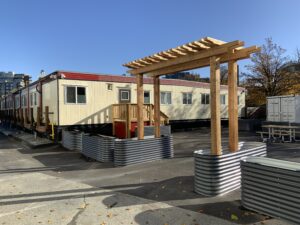 “Our collective responsiveness to this crisis has created a specialized expertise in how to do this needed work in a safe and sustainable way,” said Micheal Vonn, CEO of PHS Community Services and SaSSH Chair. “We need to bring our vast collective experience forward in creating long-term solutions to homelessness.”
“Our collective responsiveness to this crisis has created a specialized expertise in how to do this needed work in a safe and sustainable way,” said Micheal Vonn, CEO of PHS Community Services and SaSSH Chair. “We need to bring our vast collective experience forward in creating long-term solutions to homelessness.”
SaSSH is committed to a collaborative approach that extends to all stakeholders actively seeking positive change.
“Right now, we collectively provide homes for over 10,000 people who were previously living in encampments, public spaces or in shelters,” said Greg Richmond, Co-Executive Director of RainCity Housing and SaSSH Vice Chair for the Lower Mainland.
“All members of the Coalition are committed to continuously improving and increasing our services, with the ultimate goal that no British Columbians will have to live without a home.”
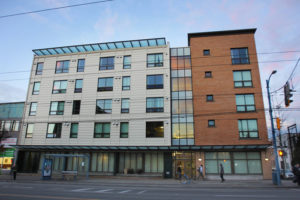 Carolina Ibarra, CEO of Pacifica Housing and SaSSH Vice Chair for Vancouver Island, said: “Abundant, safe and sustainable supportive housing is the cornerstone to effectively addressing homelessness, reducing encampments, and improving community safety.”
Carolina Ibarra, CEO of Pacifica Housing and SaSSH Vice Chair for Vancouver Island, said: “Abundant, safe and sustainable supportive housing is the cornerstone to effectively addressing homelessness, reducing encampments, and improving community safety.”
Bob Hughes, CEO of ASK Wellness and SaSSH Vice-Chair for the Interior: “Each coalition member organization has been a trailblazer in their communities, leading with innovation, and developing strategies and programs that have quantifiable success.
“We can demonstrate the value and significance of appropriate infrastructure, supports and capacity required to adapt to the changing needs of the people we serve, we need others to stand with us, and support our initiatives.”
Quick Facts
- The member organizations of the Coalition oversee more than 10,000 units of supportive housing, complex care housing, subsidized housing, and shelter beds, among other services.
- The group collectively employs thousands of people, who are passionate about this work and the people they serve.
- Low-barrier supportive housing provides shelter and supports to the most vulnerable members of our communities through a harm reduction approach.
- Residents of low-barrier supportive housing most often have a history of repeated homelessness and face a combination of physical health, mental health and substance use
Learn more about innovative PHS programs and our supportive housing in Vancouver and Victoria, B.C.
Donate to continue innovative projects like these.

